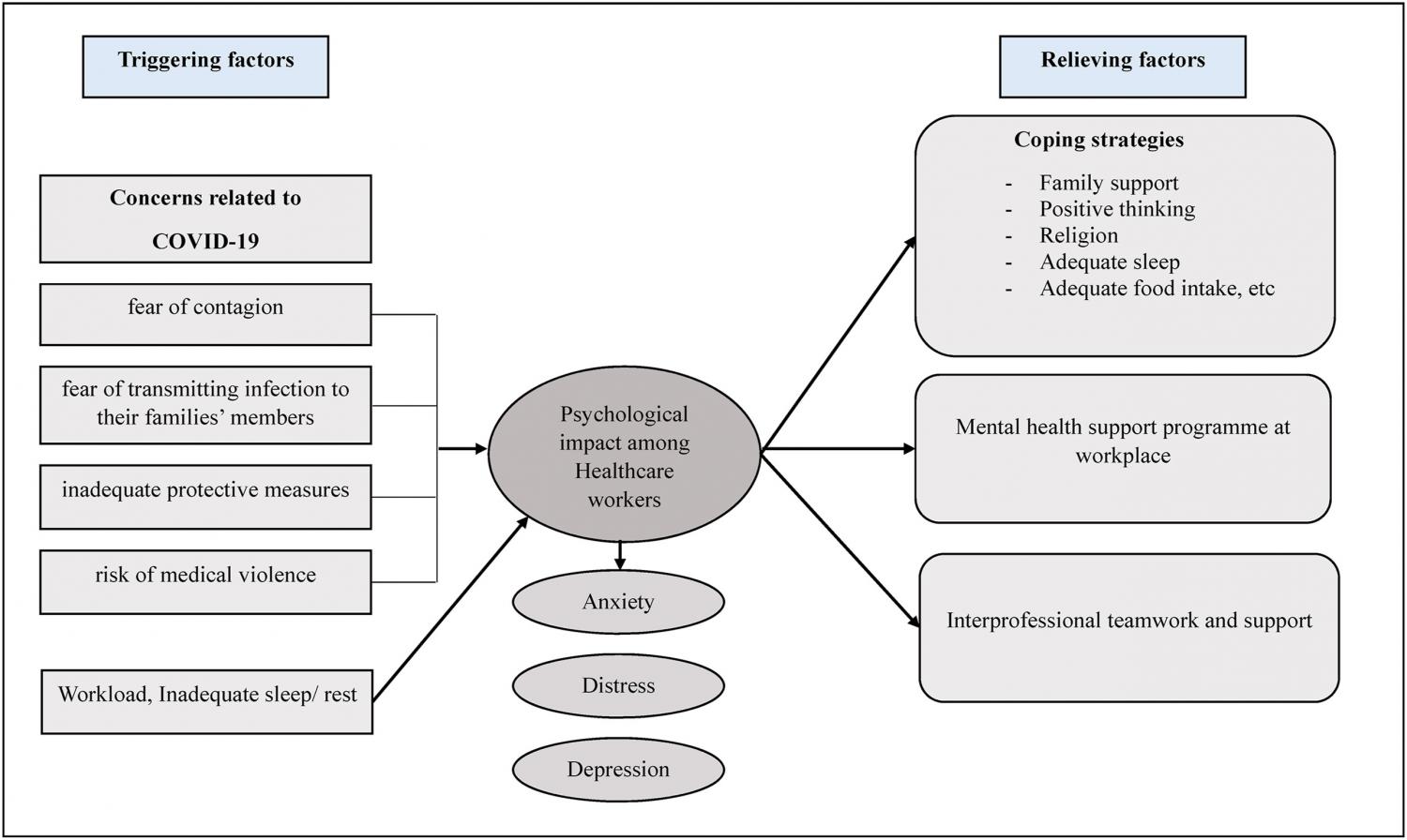

Introduction
In the face of unprecedented challenges posed by the ongoing pandemic, individuals and communities worldwide have been compelled to develop resilient coping mechanisms. This article explores various strategies and approaches to coping with the myriad challenges brought about by the pandemic, emphasizing the importance of adaptability, self-care, and community support.
Adapting to a New Normal
One of the primary challenges of the pandemic has been adapting to a new normal characterized by social distancing, remote work, and changes in daily routines. Coping with pandemic challenges involves embracing adaptability, acknowledging that flexibility and resilience are key to navigating the uncertainties of this ever-evolving situation.
Prioritizing Mental Health and Well-being
The pandemic has taken a toll on mental health, with increased stress, anxiety, and feelings of isolation. Coping strategies must prioritize mental health and well-being. This involves seeking professional support when needed, practicing mindfulness and self-care, and fostering connections with others to combat the negative impact on mental health.
Establishing Healthy Daily Routines
Creating and maintaining healthy daily routines is essential for coping with the disruptions caused by the pandemic. Structuring the day with a balance of work, leisure, and self-care activities contributes to a sense of normalcy and stability. Consistent routines help individuals regain a sense of control amidst uncertainty.
Cultivating Supportive Relationships
Social connections play a crucial role in coping with pandemic challenges. Cultivating and maintaining supportive relationships, even if through virtual means, provides a sense of community and shared experiences. Whether through video calls, online forums, or safely distanced interactions, staying connected is integral to emotional well-being.
Embracing Technology for Connection
Technology has been a lifeline for many during the pandemic, facilitating communication and connection. Coping strategies include embracing technology to stay connected with loved ones, colleagues, and support networks. Virtual gatherings, online events, and collaborative platforms offer opportunities for maintaining a sense of community.
Practicing Self-Compassion
The uncertainty and disruptions caused by the pandemic can lead to heightened self-criticism and stress. Coping involves practicing self-compassion, acknowledging that it’s okay not to be perfect and allowing oneself grace during challenging times. This mindful approach to self-care fosters resilience and emotional well-being.
Engaging in Meaningful Activities
Coping with pandemic challenges involves engaging in meaningful activities that bring joy and purpose. Whether it’s pursuing hobbies, learning new skills, or contributing to community initiatives, finding purposeful activities enhances mental and emotional resilience. Meaningful pursuits act as a counterbalance to the stressors of the pandemic.
Balancing Information Consumption
The constant influx of pandemic-related information can contribute to anxiety and overwhelm. Coping strategies include balancing information consumption by staying informed through reliable sources while setting limits on media exposure. This measured approach helps individuals stay informed without becoming inundated with distressing news.
Contributing to Community Resilience
Building community resilience is a collective effort. Coping with pandemic challenges involves contributing to community well-being through acts of kindness, support for vulnerable populations, and participation in local initiatives. Strengthening community bonds creates a sense of solidarity and shared responsibility.
Conclusion with Link
In conclusion, coping with pandemic challenges requires a holistic and adaptive approach. For further insights and resources on navigating these challenges, visit The Healthy Consumer website. Explore articles, tips, and community support to enhance your coping strategies and foster resilience in the face of pandemic-related difficulties.






(501).jpg)

